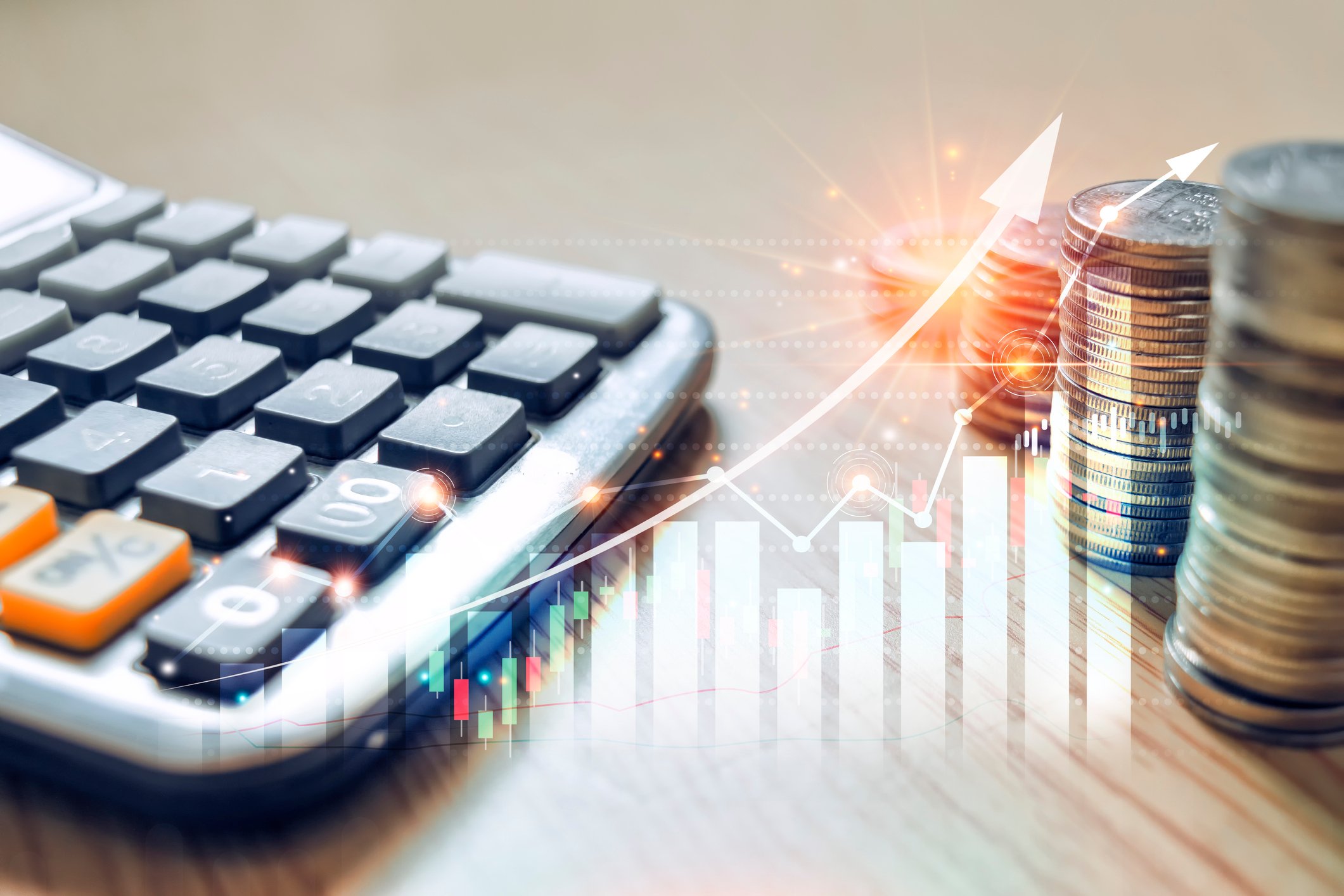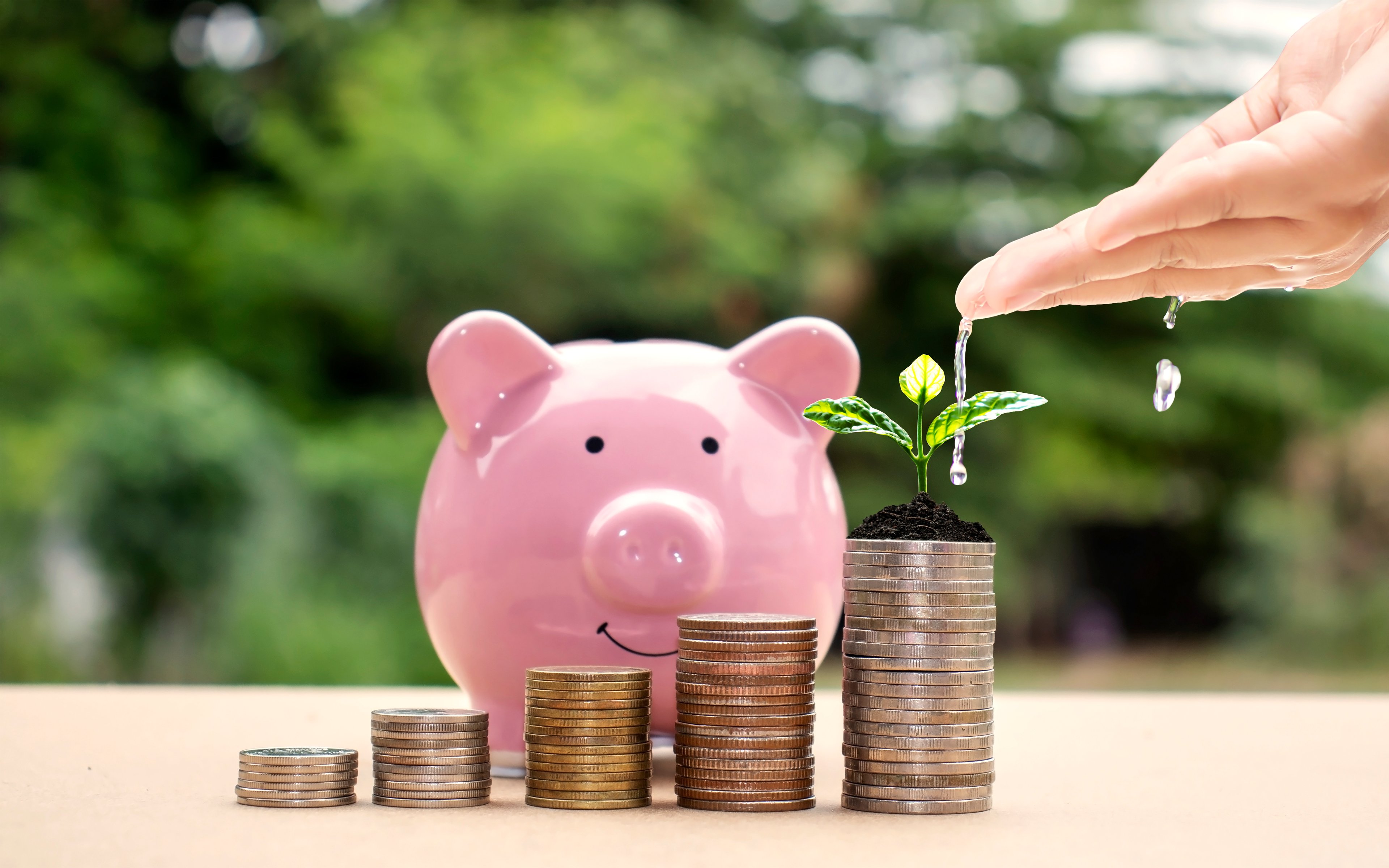The energy market is in the midst of a monumental shift toward cleaner fuel sources. Companies in the sector will need to invest trillions of dollars over the next several decades to make the switch. Fortunately for those energy companies, the slow pace of that change should give them plenty of time to adapt.
That's also great news for dividend investors because it suggests that many of the sector's high-yielding stocks will survive the transition. That certainly appears to be the case for Enbridge (ENB 0.46%), Enterprise Products Partners (EPD 0.16%), and Kinder Morgan (KMI 0.33%). Here's why three of our contributors believe these businesses will have no problem navigating the changes that the energy industry is undergoing.

Image source: Getty Images.
Decades of demand to go
Reuben Gregg Brewer (Enbridge): The world is shifting toward clean energy, including solar and wind power. That is, without a doubt, an issue for companies like Enbridge that have material exposure to oil and natural gas. However, the energy transition is expected to last decades, not happen overnight, so demand for the pipelines that underpin 83% of Enbridge's EBITDA isn't going away any time soon.
But that's not all that's important to understand here. Roughly 14% of EBITDA comes from Enbridge's natural gas utility business. Natural gas is a cleaner-burning alternative to oil for home heating. The final 3% of Enbridge's EBITDA comes from its renewable power business. That segment has material offshore wind projects in the works in Europe that should expand its scale over time.
But step back and think about these two businesses. Enbridge is, basically, helping the clean energy transition along and slowly changing with the world around it.
That said, Enbridge believes it has the ability to put $4 billion to $6 billion a year to work in its capital investment plans for the foreseeable future. That, in turn, is expected to result in 5% to 7% annual growth to distributable cash flow, and regular dividend increases that will likely trail just a little behind those levels. Factor in Enbridge's dividend yield of 6.8% at current share prices and there is a lot to like about this Canadian pipeline giant's future, even as the world's energy future gets greener.
Built to handle cleaner fuels
Matt DiLallo (Kinder Morgan): Kinder Morgan operates one of North America's largest energy infrastructure networks. It owns the largest natural gas transmission network. It's also the biggest independent transporter of refined petroleum products, the top independent terminal operator, and the largest transporter of carbon dioxide. Those assets generate lots of cash to support its dividend, which yields around 5.9% at today's share prices.
While most of this infrastructure focuses on fossil fuels, much of it could also transport and store the lower-carbon fuels of tomorrow. For example, renewable natural gas is interchangeable with conventional natural gas. That same infrastructure can also support 5% to 10% hydrogen blends with little to no modification. Meanwhile, if hydrogen emerges as a viable commercial fuel solution, Kinder Morgan could make the changes necessary to repurpose its existing gas infrastructure to move it.
Likewise, Kinder Morgan's refined-product pipelines and terminal assets are vital to support alternatives like ethanol, biodiesel, and renewable diesel. In addition, the company is developing new infrastructure on the West Coast to support renewable fuels.
Finally, Kinder Morgan's expertise in transporting carbon dioxide and sequestering it as part of its enhanced oil recovery program puts it in an excellent position to capitalize on future carbon capture and storage opportunities. It could utilize its existing carbon dioxide pipelines to transport carbon dioxide captured from the atmosphere for sequestration, and convert other ones to that purpose as well.
Kinder Morgan's existing assets should continue generating steady cash for many years to come. That will give it the money to support its high-yield dividend and invest in transitioning its operations to handle higher volumes of cleaner alternative fuels. Because of that, it should have no problem surviving the energy transition.
This incredible dividend streak won't break so fast
Neha Chamaria (Enterprise Products Partners): The growth of clean energy sources will undeniably change the face of the energy sector, but that doesn't mean oil and natural gas companies will find themselves out of business any time soon. At least, not those infrastructure giants focused on cleaner fossil fuels such as Enterprise Products Partners.
Enterprise Products Partners operates one of the largest pipeline networks in the U.S., transporting natural gas, natural gas liquids (NGL), crude oil, and refined and petrochemical products. The company also has large natural gas processing and NGL storage facilities, and is the world's top exporter of liquefied petroleum gas. In 2020, NGL and natural gas pipelines and services combined brought in 50% of Enterprise Products Partners' revenues, while crude oil pipelines and services and petrochemical pipelines and services each provided roughly a quarter of its top line.
As a midstream business, Enterprise Products Partners is immune to oil price volatility. In addition, it has larger exposure to natural gas and NGL than it does to crude oil, and earns the bulk of its operating income and cash flows from fee-based contracts. The company could also use its vast infrastructure to store and transport future fuels if business conditions so warrant. These factors should help Enterprise Products Partners survive the clean energy transition and maintain its dividend stability.
So far, Enterprise Products Partners has increased its annual dividend payouts for 22 consecutive years, and the stock yields a solid 7.4% at today's share prices. So even in an environment where the world is increasingly switching to cleaner fuels, Enterprise Products Partners remains one of the safest energy dividend stocks out there.









